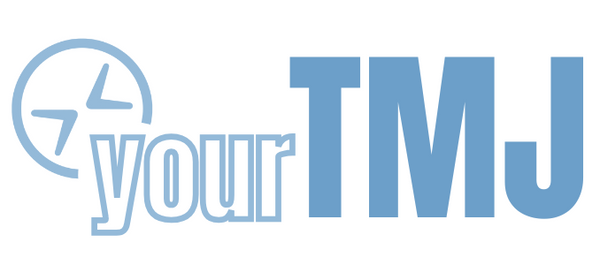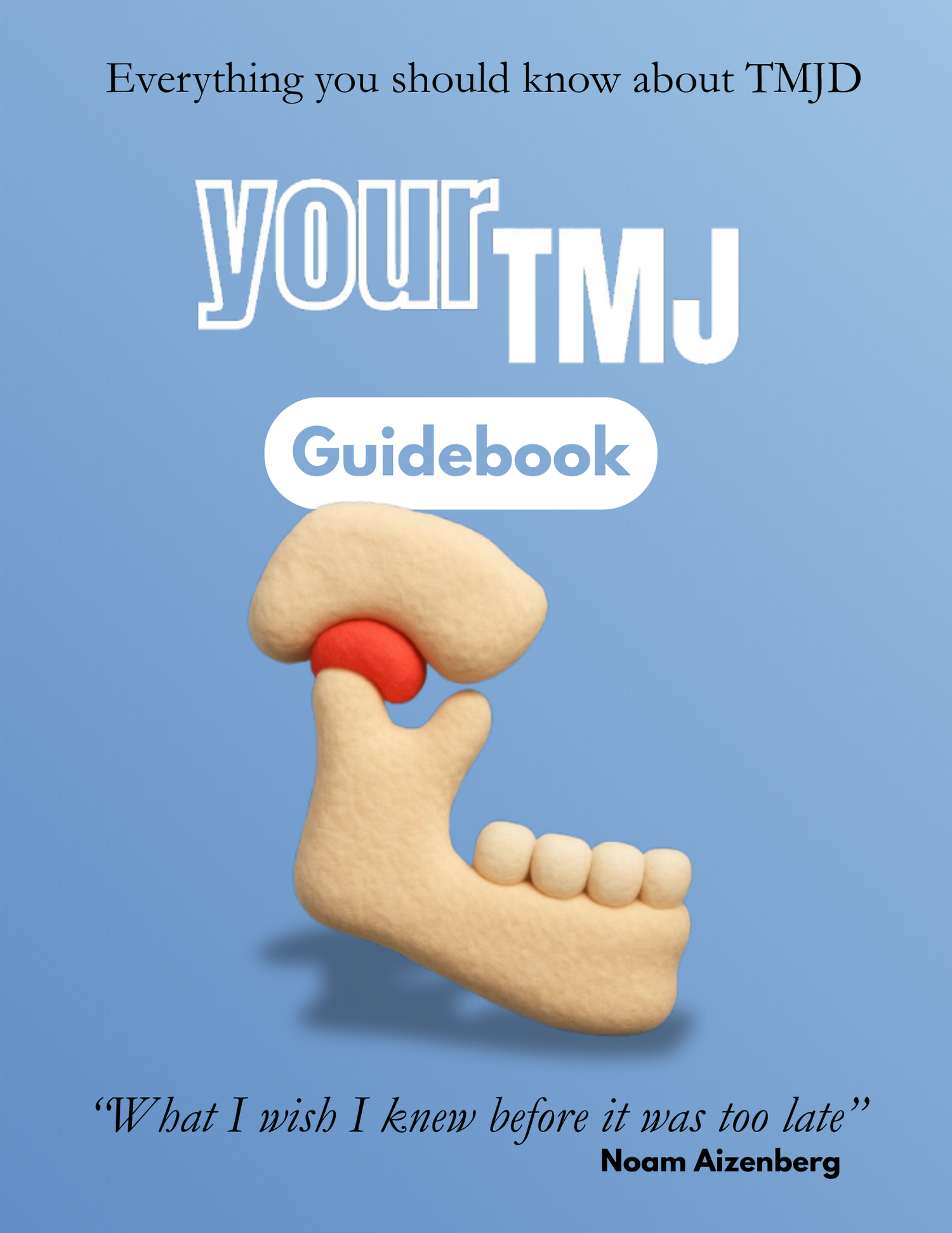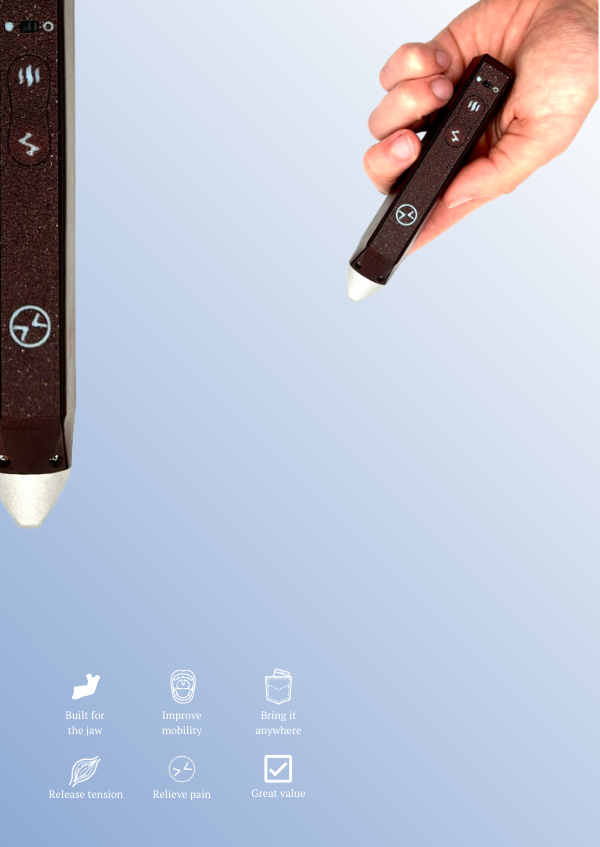Who to see for TMJ?

When you start dealing with jaw pain, clicking, headaches, and other annoying symptoms, the first question on your mind is probably, "Who do I see for TMJ?" You're not alone—this is a tricky disorder because it doesn't neatly fall into a single medical category.
In this article, we'll explore who exactly you should see for your TMJ symptoms, why it's essential to pick the right provider, and what red flags to watch out for. TMJ is notoriously complicated, so a five-minute read won't magically cure it. But stick around because, at the end of this article, I'm sharing a comprehensive, evidence-backed 76-page guidebook I've put together. It dives deep into TMJ's root causes, offers at-home PT exercises, and explains treatments you can start today.
Dentists and TMJ Specialists
Most people immediately think of a dentist when dealing with jaw pain. It makes sense—after all, the TMJ is closely tied to your teeth and bite. But here's the deal: Most dentists only get an hour or two of TMJ education during dental school. That's not enough. So you don't just want any dentist. You want one who's specifically trained and experienced in TMJ disorders.
Look for dentists who are board-certified in Orofacial Pain. This specialty only became officially recognized in 2020, meaning it's pretty new, and not every dentist will have this certification. But it's currently your best bet to find someone who knows their stuff. You can search for these specialists on websites like the American Academy of Orofacial Pain.
Physical Therapists
Physical therapists (PTs) can be a game changer, especially for muscular TMJ symptoms. Muscle pain, tension, headaches, and restricted mouth opening are often significantly relieved through manual therapy and exercises. Good PTs not only work on the muscles but help you understand and correct postural issues contributing to your pain.
One of the best things you can do is find a PT who specializes in TMJ disorders. But watch out—just because someone says they "can" treat TMJ doesn't mean they have the expertise. A quick call to verify their experience or a look at reviews specifically mentioning TMJ can save you headaches (literally).
Maxillofacial Surgeons
If your symptoms involve severe joint dysfunction, structural issues, or if conservative treatments have failed, seeing a maxillofacial surgeon makes sense. They can perform diagnostics (like CBCT scans or MRIs) to understand precisely what's happening inside your joint. Surgeons are also the ones who handle procedures such as arthrocentesis (washing out the joint) or arthroscopic surgeries (minimally invasive procedures).
Still, surgery should never be your first stop. Conservative approaches like posture correction, PT, and even manual self-massage should always come first.
Massage Therapists and Chiropractors
Chiropractors and massage therapists can provide relief, especially from muscle tension and spasms. But be cautious—particularly with chiropractors. Some chiropractors make aggressive adjustments that could potentially worsen TMJ issues. The key here is finding someone who uses gentle techniques, ideally someone who specifically advertises treating TMJ disorders.
Massage therapists trained in TMJ are typically lower-risk and beneficial, helping you manage muscular symptoms effectively.
ENT (Ear, Nose and Throat Specialists) & Myofunctional Therapists
While ENTs usually don't specialize in TMJ, they are sometimes good to go to if you've discovered that part of your TMJ Disorder's root cause has to do with breathing and sleep dysfunction. For example if you have trouble breathing through your nose, it'll be harder to maintain proper head, jaw and tongue posture throughout the day and night, which can lead to TMJ and muscle strain as well as other symptoms like nighttime clenching and grinding due to airway instability.
If you suspect these breathing problems to be a part of your dysfunction, it may also be helpful to look into myofunctional therapy, which can help strengthen your tongue, face, and airway tissues in order to improve your TMJ health.
Who to Avoid
Unfortunately, not all practitioners are created equal. Avoid anyone who promises guaranteed results, while pushing expensive long-term treatments without clear rationale, or can't answer your detailed questions clearly. There's no regulation as to who can call themselves a "TMJ specialist," many of whom took a weekend course and now claim to fix everything. The best way to gauge whether you should pursue a treatment is by looking at cost and health risk. If you're early in the treatment journey, you shouldn't be doing any surgeries, treatments that permanently change your bite, or treatments costing >$3000. And realistically, most should be under $1000. There are no guarantees in the world of TMJ, so don't fall for doctors who are better salesmen than practitioners.
The Bottom Line
Figuring out who to see for your TMJ can be daunting, but start conservatively. Begin with dentists specialized in Orofacial Pain, consider physical therapists early, and only escalate to surgeons when necessary. Avoid anyone who doesn't inspire confidence or can't clearly explain their treatment plan.
If you want to understand TMJ to its core and learn actionable steps you can take today, check out this 76-page guidebook. It provides evidence-backed knowledge, at-home PT exercises, and practical advice to tackle TMJ head-on.
https://yourtmj.com/blogs/yourtmj-blog/yourtmj-guidebook-what-is-tmj-and-how-can-you-treat-it




